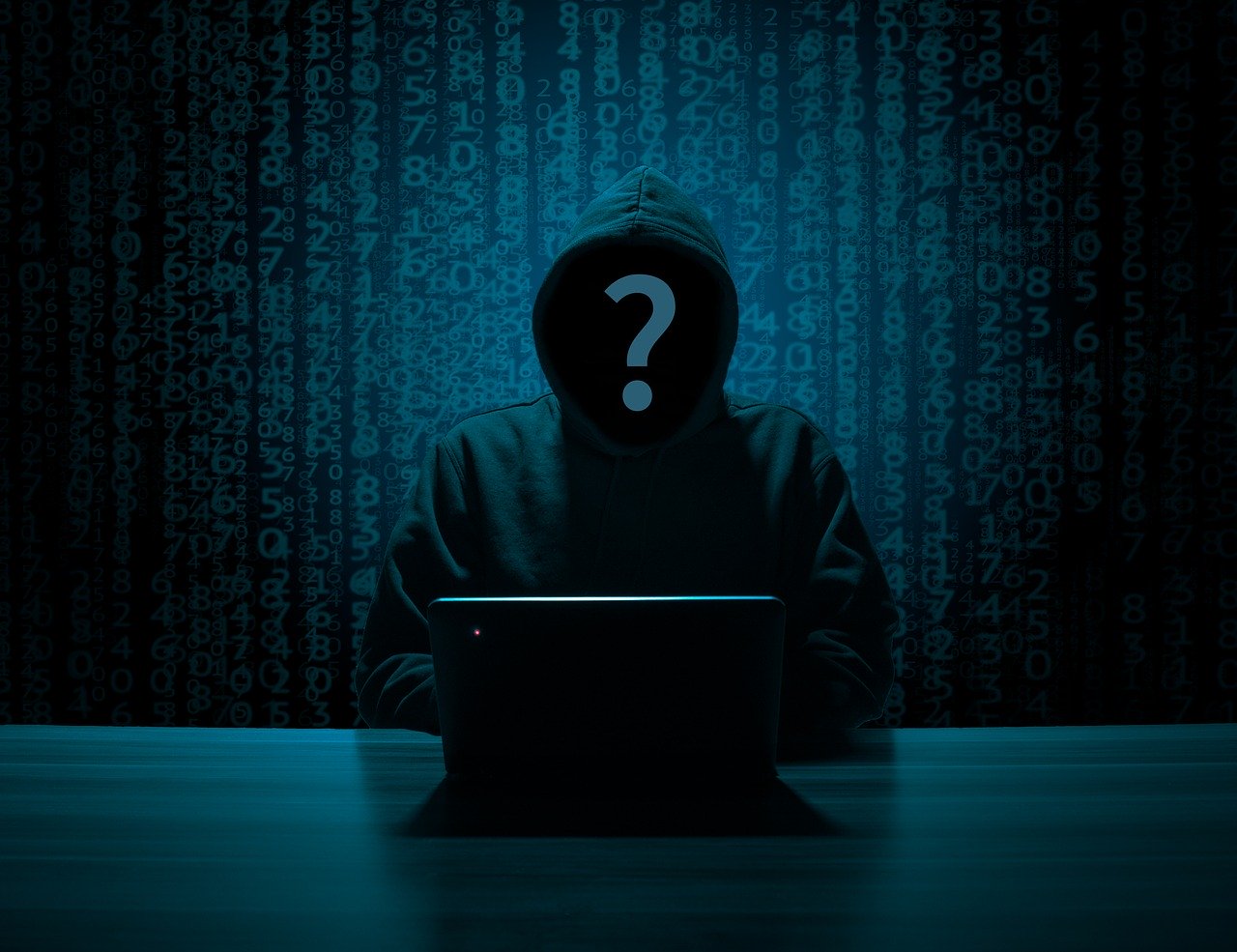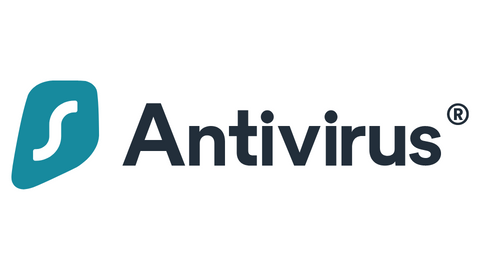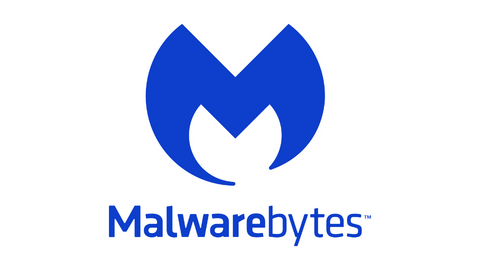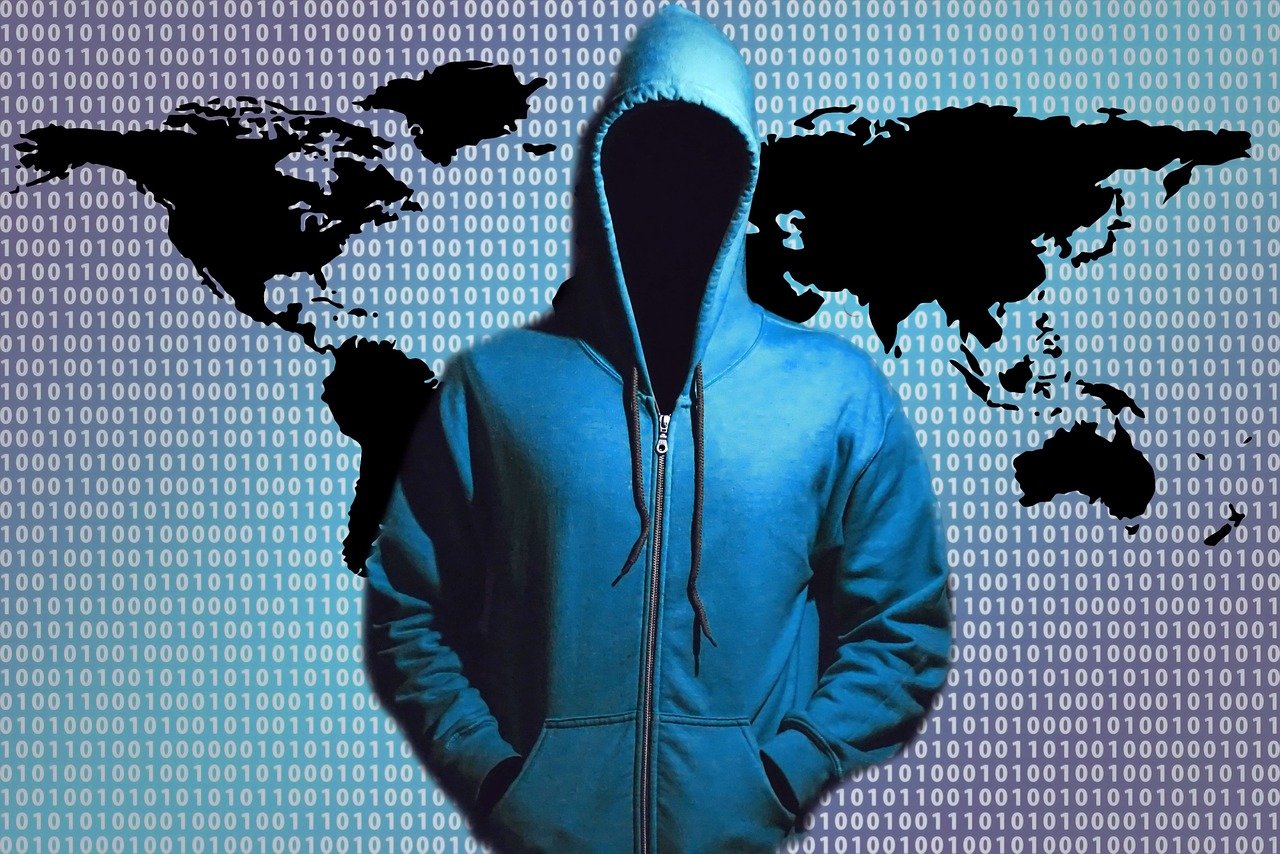Today, we will answer the question – when is hacking illegal and legal?
Before we jump into the topic of when hacking is considered illegal and when it is considered legal, let’s try to understand what hacking is.
Table of Contents
What Is Hacking?
There are many ways in which the process of hacking could be explained. It could be described as a breach of the system or unauthorized access.
Still, hacking is an unwarranted attempt to infiltrate a computer or any other electronic system to attain information about something or someone.
Anytime we hear or read about someone’s computer or some network being hacked, we instantly picture an individual sitting in a dark room full of tangled wires, computer screens, and multiple keyboards, rapidly typing some programming language on one of the computer screens.
While hacking is shown as quite intriguing in motion pictures, it is entirely different. Websites like SecureBlitz and other cybersecurity blogs can educate you on the measures you should take if your device is hacked.
The hacking scenes in movies or T.V. shows are full of action, suspense, and drama, making them look enjoyable or entertaining.
But in reality, hacking is quite dull. The hacker types a series of commands telling the computer system what to do via a programming language like Python, Perl, or LISP and waits for the results, which might take hours, but the computer does the actual part of hacking.
Along with being tedious and time-consuming, piracy is also complicated and sometimes dangerous.
READ ALSO: 14 Best Protection Tools Against Hackers
Hackers use many different types of tools to hack into a software system. A few of these tools are:
- Sn1per is a vulnerability scanner used by hackers to detect weak spots in a system or network.
- John The Ripper (JTR) – This is a favorite tool amongst hackers. It is used for cracking even the most complicated passwords as a dictionary attack. A dictionary attack is a form of brute force where the hacker enters numerous passwords, hoping to guess the right one.
- Metasploit – This is a Penetration Testing Software. It is a hacking framework used to deploy payloads into vulnerabilities. It provides information about the weaknesses in software.
- Wireshark is a network traffic analyzer used for network troubleshooting and analysis.
There Are Three Types Of Hackers –
- The Black Hat Hackers,
- The White Hat Hackers and
- The Grey Hat Hackers.
The difference between each will be discussed below.
1. Black hat hackers
Black Hat hackers are cybercriminals who illegally gain unauthorized or illegal access to individual or group computers (devices and networks) to steal personal and financial information like names, addresses, passwords, credit card details, etc.
A Black Hat hacker may also use malicious tools like viruses, Trojans, worms, footlockers, ransomware, etc., to steal or destroy files and folders and take hostage a computer or networks of computers, demanding money for release.
In essence, Black Hat hackers can work alone as individuals or belong to organized crime organizations as partners or employees and are responsible for more than 2,244 daily computer breaches.
2. White Hat Hackers
White hat hackers are also known as ethical hackers; they are computer security professionals who use their hacking knowledge to protect the computer networks of businesses and organizations.
They aim to detect and reinforce security loopholes, weaknesses, or flaws in systems and networks that cybercriminals can explore.
For this reason, White hat hackers think and act like black hat hackers and also use a whole lot of testing tools and techniques deployed by black hat hackers in exploiting systems and network weaknesses.
Some of the best white hat hackers were previously black hat hackers who, for various reasons, have decided to use their hacking knowledge and skills to fight against cybercrimes.
3. Grey Hat Hackers
Grey hat hackers fall in between the divide; they are neither black hat nor white hat hackers, but their activities are termed ‘illegal.’
This is because they gain illegal or unauthorized access to individual or group networks to steal data and discover security flaws or loopholes in systems, networks, or programs.
Unlike black hat hackers, Grey hat hackers do not seek to make immediate money or benefit from their activities.
Grey hat hackers can be beginner hackers who hack into systems and networks to test and build their hacking skills before deciding which side of the divide to fall on.
However, most Grey hat hackers are lone-range hackers who work as bug bounty hunters, finding and reporting security flaws existing in corporate networks or extracting and exposing confidential information for all to see, like in the case of Wikileaks, which represents the most significant information leak.
Best Antivirus With Ironclad Protection Against Hackers
When Is Hacking Illegal And Legal?
Hacking has always been portrayed as a felony, an unauthorized entry into a network. But it started when MIT introduced the first computer hackers whose job was to modify the software to work better and faster. However, some people started using this software for felonious activities.
Hacking is gaining unauthorized access to a computer system or network. It can be used for various purposes, including stealing data, installing malware, or disrupting operations. Hacking can be illegal or legal, depending on the circumstances.
Legal Hacking
There are several situations in which hacking is legal. For example, security researchers may hack into a system to test its security or to find vulnerabilities. Law enforcement officials may also fall into a system to investigate a crime. In these cases, the hacking is done with permission from the system owner or with a warrant from a court.
Illegal Hacking
Hacking is illegal when it is done without permission from the system owner. This includes hacking into a system to steal data, install malware, or disrupt operations. Illegal hacking can also involve hacking into a system to gain access to information that is not publicly available.
Determining Whether Hacking Is Legal
The legality of hacking can be a complex issue. There are several factors that courts will consider when determining whether hacking is legal, including the hacker’s intent, the method used to gain access, and the damage caused.
In general, hacking is considered illegal if it is done without permission from the system owner and if it causes damage to the system or its users.
However, there are some exceptions to this rule. For example, hacking may be legal if it is done with the permission of the system owner or if it is done to test security or investigate a crime.
Here is a table summarizing the legality of hacking:
| Type of Hacking | Legality | Examples |
|---|---|---|
| Legal Hacking | With permission from the system owner or with a warrant from a court. | Security researchers hack into a system to test its security. Law enforcement officials hack into a system to investigate a crime. System administrators hack into a system to troubleshoot a problem. |
| Illegal Hacking | Without permission from the system owner. | Hackers gain unauthorized access to a system to steal data. Hackers install malware on a system. Hackers disrupt the operations of a system. |
The answer to the question – when is hacking illegal? – is simple! When a hacker tries to breach a system without authorization, it is considered unlawful. These kinds of hackers are called Black Hat Hackers.
They are the type of hackers known for their malicious and notorious reasons for hacking. Initially, hackers used to hack to show they could breach a system. They used to cut just for fun.
Then, some hack to expose someone or to leak information. For example, a group of hackers called themselves “Anonymous,” who claimed to have personal information about Donald Trump and were threatening to expose them. They are also threatening to reveal the “crimes” committed by the Minneapolis Police Department (MPD) following the murder of George Floyd.
Another example is when thousands of messages from hacked emails were leaked from Clinton campaign chairman John Podesta’s Gmail account. The list goes on and on, as hackers don’t cut to prove a point or to expose someone. They hack for political reasons, for money, or are driven by some purpose or motive.
These actions are deemed illegal and felonious under the Computer Misuse Act (1990) and other legislative acts such as the Data Protection Act (2018) and The Cybercrime Prevention Act of 2012.
READ ALSO: Best Antivirus Tools Against Hackers
When Is Hacking Legal?
Legal hacking is where the hacker is granted permission to hack into a system or network. This type of hacking is also known as Ethical Hacking.
Since we live in a technological era, it has become easier for radical organizations to finance hackers to infiltrate security systems. This has resulted in a steady rise in cybercrime.
It has become imperative now more than ever for companies and governments to legally hack into their operations to discover and fix vulnerabilities and prevent malicious and unlawful hacking from keeping classified information safe. This type of hacking is done by either The White Hat Hackers or The Grey Hat Hackers.
The White Hat Hackers are those hackers looking for backdoors in the software when they are legally permitted.
The Grey Hat Hackers are those hackers who are like Black Hat hackers but do not hack to cause any damage to any organization or people’s personal information or data. Companies or organizations hire them to hack into their computer system and notify the administration if their order has any vulnerabilities. This is done so that these organizations can further secure their networks.
Software companies make use of such hackers and hacking processes.
There are many types of ethical hacking. A few of them are
- Web Application Hacking,
- System Hacking,
- Web Server Hacking.
READ ALSO: Best VPN For 2022 [Tested & Ranked]
When Is Hacking Illegal And Legal?
| Feature | Legal Hacking | Illegal Hacking |
|---|---|---|
| Authorization | Permission granted by the owner or an authorized representative | Access without permission or exceeding authorized access |
| Intent | Ethical, non-malicious purposes (e.g., security testing) | Malicious intent, causing harm or personal gain (e.g., stealing data, disrupting systems) |
| Activity | Testing vulnerabilities, identifying weaknesses, patching security holes | Accessing sensitive data, installing malware, launching attacks |
| Transparency | Disclosing findings to the owner, seeking remediation | Concealing activities, benefitting from stolen information |
| Examples | Penetration testing, bug bounty programs, security research | Data breaches, identity theft, ransomware attacks |
| Laws | It may be governed by specific industry regulations (e.g., HIPAA) | Computer Fraud and Abuse Act (CFAA), Digital Millennium Copyright Act (DMCA) |
| Penalties | May vary depending on the severity of the offense, civil lawsuits | Fines, imprisonment, probation |
Types Of Legal Hacking
Penetration testing is a security assessment that simulates an attack on a computer system or network. The goal of penetration testing is to identify and exploit vulnerabilities in the system so that they can be fixed before malicious actors use them.
READ ALSO: Best VPN For Hackers: Tested For Ethical Hackers & Pen-Testers
Penetration testing can be done in several ways, but it is typically divided into three types:
1. White box testing
White box testing is the most comprehensive penetration testing because the tester has complete information about the system. This allows the tester to simulate a realistic attack and identify the most severe vulnerabilities. However, white box testing can also be the most expensive type of penetration testing because it requires the tester to deeply understand the system.
2. Black box testing
Black box testing is the least comprehensive type of penetration testing because the tester has no information about the system. This type of testing is often used to identify vulnerabilities that inexperienced attackers would exploit. However, black box testing can also be the least effective type of penetration testing because it may not recognize the most severe vulnerabilities.
3. Gray box testing
Gray box testing is a combination of white box and black box testing. The tester has limited information about the system, but they have more information than in a black box test.
This type of testing is often used to identify vulnerabilities that would be exploited by attackers with some experience. Gray box testing is often seen as a good compromise between the comprehensiveness of white box testing and the cost-effectiveness of black box testing.
Types Of Illegal Hacking
Black hat or illegal hackers gain unauthorized access to computers and networks to steal sensitive data and information, hold computers hostage, destroy files, or blackmail their victims using various tools and techniques not limited to the standard types listed below.
1. Phishing
Phishing techniques trick unsuspecting victims into believing they are interacting with legitimate companies or organizations. It usually comes in email or SMS messages where victims are convinced to click on a link or download malicious file attachments.
2. Ransomware
Black hat hackers take computer hostages by blocking legal access and demanding ransom from the victims before unblocking access to their computers.
3. Keylogger
Keyloggers are used for logging and collecting information from unsuspecting victims by remotely recording and transmitting every keystroke they make on their devices using keyloggers or spyware.
4. Fake WAP
Hackers use fake Wireless Access Points software to trick their victims into believing they connect to a wireless network.
5. Bait and switch
The hacker tricks unsuspecting victims into believing they are clicking on adverts by buying a web space and placing malicious links that download malware to the victims’ computers when connected.
Here is a table summarizing the types of illegal hacking:
| Type of Hacking | Description | Examples |
|---|---|---|
| Phishing | A type of social engineering attack that uses fraudulent emails or text messages to trick victims into clicking on a malicious link or downloading a malicious file. | An email that appears to be from a legitimate bank but is actually from a hacker may ask you to click on a link to update your account information. |
| Ransomware | A type of malware that encrypts a victim’s files and demands a ransom payment to decrypt them. | A hacker may infect your computer with ransomware and then demand a payment of $1,000 to decrypt your files. |
| Keylogger | A type of software that records every keystroke you make on your keyboard. | A keylogger can be installed on your computer without your knowledge and then used to steal your passwords, credit card numbers, and other sensitive information. |
| Fake WAP | A fake wireless access point that is set up to look like a legitimate wireless network. | A hacker may set up a fake WAP in a public place and then use it to steal the login credentials of unsuspecting victims who connect to it. |
| Bait and switch | It is an attack that tricks victims into clicking on a malicious link by disguising it as an advertisement. | A hacker may buy a web space and then place a malicious link that looks like an advertisement for a legitimate product or service. When a victim clicks on the link, they are taken to a malicious website that downloads malware to their computer. |
Commonly Used Hacking Techniques
Here are the most common hacking techniques used by hackers:
- SQL Injection Attack – SQL stands for Structured Query Language. It is a programming language originally invented to manipulate and manage data in software or databases.
- Distributed Denial-of-Service (DDoS) – This technique targets websites to flood them with more traffic than the server can handle.
- Keylogger is software that documents the key sequence in a log file on a computer that may contain personal email I.D.s and passwords. The hacker targets this log to get access to such personal information. That is why the banks allow their customers to use their virtual keyboards.
READ ALSO: Dark Web 101: How To Access The Dark Web
Is Hacking A Crime In The U.S.?
Yes, hacking is a crime in the United States. Accessing individual P.C.s and networks without authorization or using illegal means is prohibited by the Computer Fraud and Abuse Act (CFAA). This act makes it unlawful to access someone else’s computer or network without their permission.
Hacking can be done in a variety of ways. It could involve using malicious software, such as viruses or spyware, to access a system or network. It could also include exploiting security flaws or vulnerabilities in the system.
In addition, it could involve stealing passwords or other login information to gain access to a system or network.
Since you get the answer to the question – when is hacking illegal? You could face prosecution and severe penalties if caught hacking in the U.S. This could include fines, jail time, and a permanent criminal record.
So, if you’re considering hacking into someone’s system or network, think twice before doing so. It could have severe consequences for you and your future.
Why Is Hacking Considered A Crime?
Hacking is considered a crime if you:
- Delete or damage data from the computers of individuals or organizations
- You send or aid in sending spam messages
- Buy or sell passwords or licenses that can be used to illegally access computers or programs for impersonation.
- You access data or information from devices and networks without due permission.
- You defraud victims using computer and ICT skills.
- Access national security information from a government website or networks
- Extort computer users
- And so much more.
How To Prevent Hackers
Take the following steps to protect yourself from falling victim to black hat hackers
Secure your account by:
- Using a password manager to create, store and manage passwords
- Not divulging your passwords to third parties
- Using two-step verification
- Using fake answers for security questions
- Logging out of your accounts, especially when using a public P.C.
- Watching out for the padlock sign and ensuring you’re on the original website
Secure your phones and mobile devices by:
- Regularly changing your phone security lock
- Using auto-updates to keep your apps and programs regularly updated
- Use a phone charger or electrical outlet connector to charge your phones publicly.
- Not jailbreaking or rooting your iOS and Android devices.
Secure your P.C. by:
- Encrypting the information on your hard drive
- Installing O.S. updates when available
- Regularly backing up your data
- Avoid clicking on suspicious links or downloading file attachments in emails.
- Installing anti-malware programs on your P.C.s
- Make sure your Windows or Mac Firewall is turned on
- Securing your P.C. with a firmware password
- Turn on remote access only when needed; otherwise, keep it disabled.
Protect your network by:
- Creating a strong password for your WiFi network
- Connecting only to secured WiFi networks. If you have to connect to a public WiFi network, do so using a VPN.
- Downloading files and programs from authenticated websites
- Not sharing too much information about yourself on social media platforms
- Avoiding file sharing services, including torrenting
- Shopping only on verified eCommerce websites
Best Antivirus With Ironclad Protection Against Hackers
Conclusion
In this post, we answered the question – when is hacking illegal? And when is hacking legal?
Also, we hope that you have learned that the white hat hackers are ‘the good guys,’ and the black hat ones are the ‘bad guys,’ and what to do to protect yourself from the bad guys online.
Now that you know when hacking is legal or illegal, you should endeavor to take the steps recommended in this article to keep your devices and networks protected from ‘the bad guys who could cost you a lot if your devices or networks eventually get compromised.
RELATED POSTS
- Interview With Michael Bruemmer, Vice President of Experian Data Breach Resolution Group and Consumer Protection
- 25 Best Hacking Movies For Cybersecurity Enthusiasts [2022 List]
- What Is The Difference Between a Hack And a Virus?
- How To Prevent Car Hacking
- Risks Of Cryptojacking In Mobile Devices
- How To Be The Number One Hacker In The World
- What Next After Being Scammed Online?
- How to Become an EC-Council Certified Ethical Hacker
- Deep Web Vs. Dark Web: Is There A Difference
About the Author:
Daniel Segun is the Founder and CEO of SecureBlitz Cybersecurity Media, with a background in Computer Science and Digital Marketing. When not writing, he's probably busy designing graphics or developing websites.



















